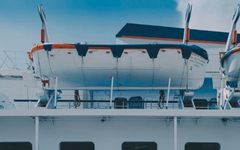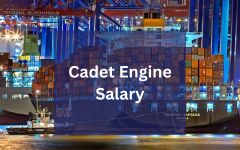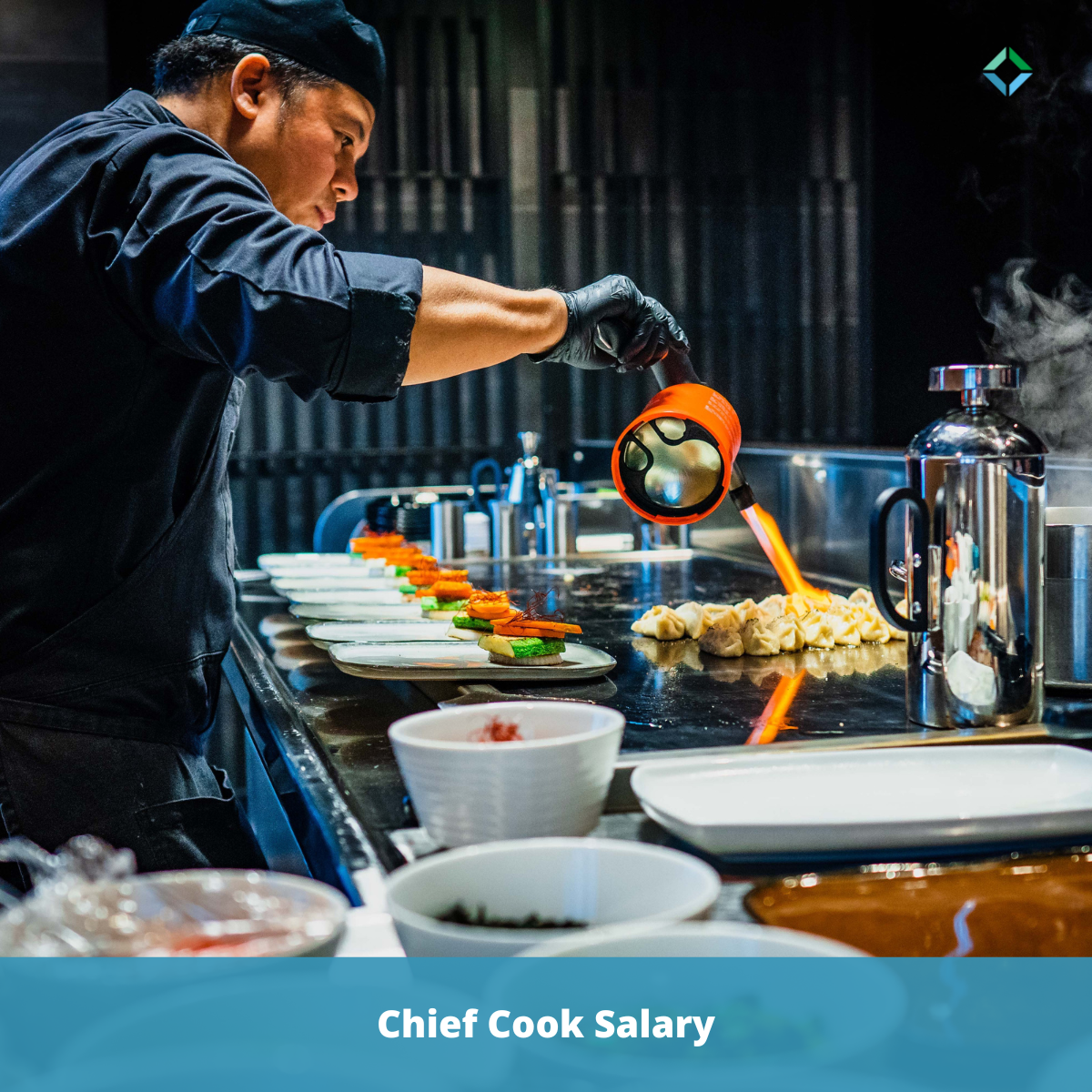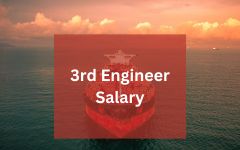Maritime Plumber Duties and Responsibilities
Plumbing is a vital aspect of any seafaring vessel. From the supply of clean water to the removal of waste, it's important to have a skilled plumber on board to keep things running smoothly. The role of a plumber is to ensure that the ship's plumbing systems are functioning efficiently and effectively while complying with strict maritime regulations.
What Does a Marine Plumber Do?
The primary duty of a plumber is to maintain the ship's plumbing system, including the water supply, waste management, and HVAC systems. This involves performing routine maintenance and repairs, as well as installing and upgrading plumbing equipment and fixtures.
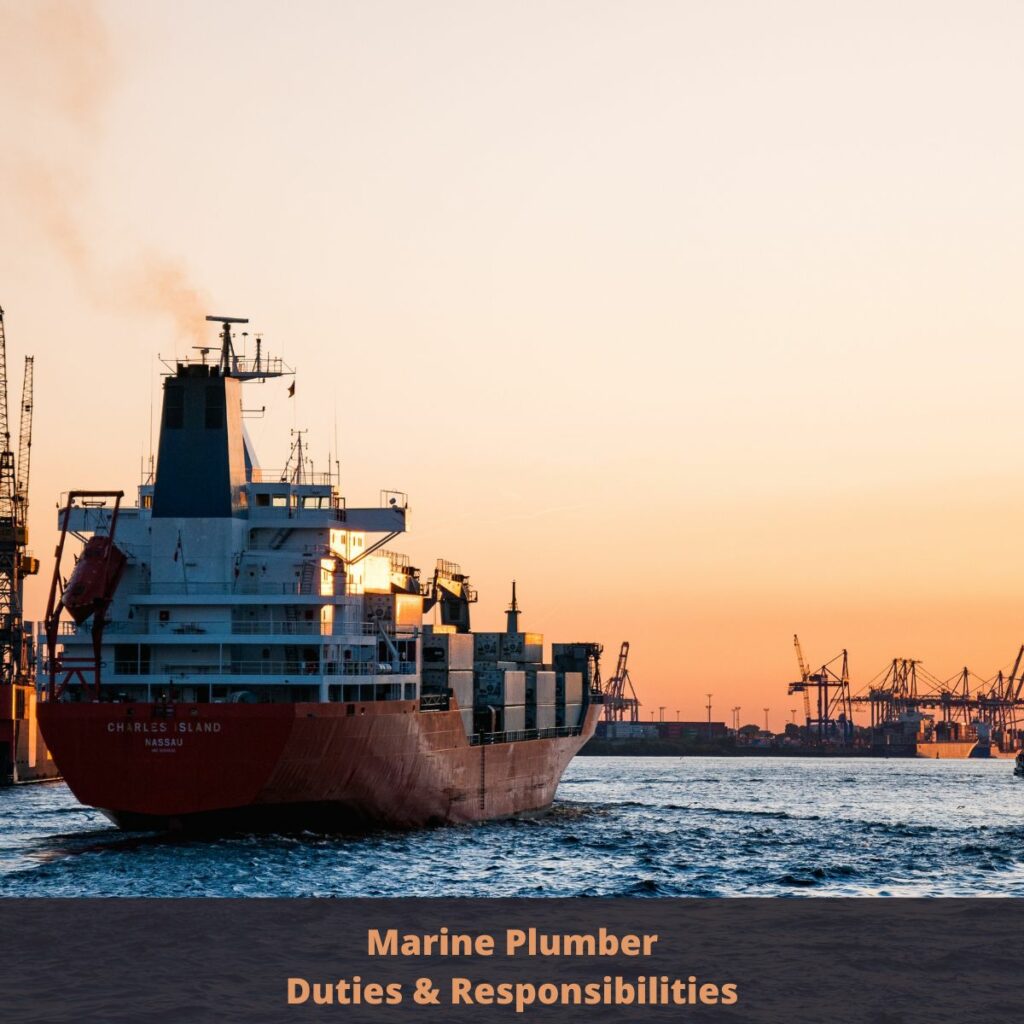
Some of the specific tasks that a plumber may perform include:
- Installing and repairing water supply systems: A plumber may be responsible for installing and repairing a variety of water supply systems, including pipes, pumps, and valves. For example, if a pipe bursts or a valve fails, the marine plumber would need to diagnose the problem and make the necessary repairs. They may also be responsible for installing new water supply systems or upgrading existing ones to improve efficiency and safety.
- Maintaining waste management systems: Waste management is another critical aspect of plumbing, and a plumber must ensure that the ship's sewage, gray water, and black water systems are functioning properly. This includes regularly inspecting and cleaning the systems to prevent blockages and leaks, as well as ensuring compliance with environmental regulations.
- Installing and repairing HVAC systems: Marine plumbers may also be responsible for installing and maintaining the ship's heating, ventilation, and air conditioning (HVAC) systems. This includes installing and repairing ductwork, fans, and other components, as well as troubleshooting and repairing problems that may arise with the HVAC system.
- Troubleshooting plumbing problems: When a plumbing problem occurs on a ship, it's the marine plumber's job to diagnose the problem and determine the best course of action for repair. For example, if a toilet is backing up or a sink is clogged, the marine plumber would need to identify the cause of the problem and make the necessary repairs to ensure that the system is functioning properly.
- Collaborating with other crew members: Marine plumbers work closely with other members of the ship's crew to ensure that all systems are functioning properly and in compliance with regulations. This includes collaborating with engineers, electricians, and maintenance personnel to identify and address problems, as well as ensuring that all work is performed safely and efficiently.
By performing these tasks and others, a marine plumber plays a critical role in maintaining the safety and wellbeing of the ship's crew. If you're interested in pursuing a career as a marine plumber, it's important to have a strong foundation in plumbing and mechanical systems, as well as familiarity with maritime regulations and the physical fitness necessary for this demanding role. With the right training and experience, a career as a marine plumber can be both rewarding and fulfilling.
What Skills and Qualifications Are Required?
To become a successful marine plumber, there are certain skills and qualifications that are required. Here are some examples:
Technical Skills - Plumber Duties and Responsibilities
One of the most important skills for a marine plumber is technical knowledge of plumbing systems. They should have a deep understanding of how plumbing systems work, including knowledge of pipes, pumps, valves, and other components. They should also have experience with tools commonly used in plumbing work, such as wrenches, pliers, and soldering equipment.
- Plumbing System Design: Marine plumbers must be able to read technical drawings and schematics to understand how the plumbing system is designed. They must have a solid understanding of how the various components of the system work together, such as pumps, pipes, and valves.
- Pipe Installation: Marine plumbers must be skilled in installing pipes and fittings of different sizes and materials. They must be able to select the appropriate materials and techniques for each application and ensure that all connections are secure.
- Pipe Repair: Marine plumbers must be able to diagnose and repair problems with pipes, such as leaks, cracks, or corrosion. They must have the skills to determine the cause of the problem and select the appropriate repair method.
- Pump Maintenance: Marine plumbers must be familiar with different types of pumps used in plumbing systems, such as centrifugal pumps or positive displacement pumps. They must have the skills to diagnose and repair problems with pumps, as well as perform routine maintenance tasks such as lubrication and alignment.
- Valve Maintenance: Marine plumbers must be skilled in maintaining and repairing valves used in plumbing systems. They must have a solid understanding of how valves work and be able to diagnose and repair problems such as leaks or valve failure.
- Welding and Soldering: Marine plumbers must be skilled in welding and soldering techniques. They must be able to join pipes and fittings using these methods and ensure that the connections are strong and secure.
By possessing these technical skills, a marine plumber can ensure that the ship's plumbing systems are functioning efficiently and that the crew has access to clean water and proper waste management. If you're interested in pursuing a career as a marine plumber, it's important to develop these technical skills and seek out the appropriate training and certification to succeed in this challenging and rewarding field.
Attention to Detail
Attention to detail is a critical skill required for a marine plumber. A marine plumber must pay close attention to the plumbing system to ensure that it is functioning properly and to identify potential problems before they become major issues. Here's a closer look at how attention to detail is important for a marine plumber and why it's a crucial skill to possess.
- Identifying Problems: A marine plumber must have a keen eye for detail to identify problems with the plumbing system. They must be able to detect even the smallest leaks or signs of corrosion in pipes, valves, and fittings. This requires a high level of attention to detail and the ability to notice even the slightest irregularities.
- Preventing Failures: By paying close attention to the plumbing system, a marine plumber can identify potential failures before they occur. They can detect signs of wear and tear or damage to the system and take preventative measures to prevent a catastrophic failure. This can save the ship from costly repairs and downtime.
- Ensuring Compliance: Attention to detail is crucial for ensuring compliance with safety and environmental regulations. A marine plumber must ensure that the plumbing system is designed and installed according to regulatory standards and that all maintenance and repair work is performed safely and in accordance with established procedures.
- Maintaining Records: A marine plumber must maintain accurate records of all work performed on the plumbing system. This requires a high level of attention to detail to ensure that all information is recorded accurately and completely. These records are important for tracking the maintenance history of the system and ensuring that all work is performed according to the ship's maintenance schedule.
- Working Safely: Attention to detail is critical for working safely in the marine plumbing profession. A marine plumber must be aware of their surroundings and take steps to prevent accidents and injuries. They must follow established safety protocols and wear appropriate protective equipment when working in confined spaces or at heights.
By possessing attention to detail, a marine plumber can ensure that the ship's plumbing systems are functioning efficiently and that the crew has access to clean water and proper waste management. If you're interested in pursuing a career as a marine plumber, it's important to develop this skill and seek out the appropriate training and certification to succeed in this challenging and rewarding field.
Physical Fitness - Plumber Duties and Responsibilities
Physical fitness is an important aspect of being a marine plumber. The job requires a high level of physical activity, including lifting heavy equipment and working in tight spaces. Here's a closer look at how physical fitness is important for a marine plumber and why it's a crucial skill to possess.
- Lifting and Moving Equipment: A marine plumber must be physically fit to lift and move heavy equipment and materials. They must be able to safely lift and carry pipes, pumps, and other equipment to perform their job duties. Physical strength and stamina are important for performing these tasks safely and efficiently.
- Working in Tight Spaces: Marine plumbers often work in confined spaces, such as engine rooms or bilges. These spaces can be difficult to access and require a high level of physical fitness to maneuver around. Marine plumbers must be able to crawl, bend, and twist to access the plumbing system in these areas.
- Working at Heights: Marine plumbers may be required to work at heights, such as on top of tanks or in the ship's superstructure. This requires physical fitness and a steady hand to ensure that the job is performed safely and accurately.
- Working in Challenging Environments: Marine plumbers may work in challenging environments, such as in extreme temperatures or in areas with high humidity or moisture. Physical fitness is important for working in these environments and for maintaining focus and attention to detail.
- Avoiding Injuries: Physical fitness is crucial for avoiding injuries on the job. A marine plumber must be able to perform their job duties safely and without injury. Regular exercise and proper diet can help to maintain physical fitness and prevent injuries on the job.
By possessing physical fitness, a marine plumber can ensure that they are able to perform their job duties safely and efficiently. If you're interested in pursuing a career as a marine plumber, it's important to maintain physical fitness and seek out the appropriate training and certification to succeed in this challenging and rewarding field.
Maritime Regulations - Plumber duties and responsibilities
Knowledge of maritime regulations is a critical skill for a marine plumber. The job requires compliance with various regulations, guidelines, and industry standards to ensure the safety and security of the ship and its crew. Here's a closer look at how knowledge of maritime regulations is important for a marine plumber and why it's a crucial skill to possess.
- Safety and Environmental Compliance: A marine plumber must have a thorough understanding of safety and environmental regulations to ensure that the ship is in compliance with all applicable laws and regulations. This includes regulations related to the installation, maintenance, and repair of the plumbing system, as well as regulations related to waste management, pollution prevention, and safety equipment.
- Design and Installation Standards: A marine plumber must have a deep understanding of design and installation standards for the plumbing system. This includes knowledge of various types of pipes, valves, fittings, and other plumbing components, as well as the standards for their installation and use.
- Maintenance and Repair Procedures: A marine plumber must have knowledge of maintenance and repair procedures for the plumbing system. This includes knowledge of troubleshooting techniques, repair methods, and preventative maintenance procedures.
- International Maritime Organization (IMO) Regulations: The International Maritime Organization (IMO) sets international standards for safety, security, and environmental protection in the maritime industry. A marine plumber must be familiar with IMO regulations to ensure that the ship is in compliance with these standards.
- Professional Development: A marine plumber must stay up-to-date with the latest developments in the industry and regulatory changes that affect their job. This requires ongoing training and education to maintain their knowledge of maritime regulations.
By possessing knowledge of maritime regulations, a marine plumber can ensure that the ship's plumbing systems are designed, installed, and maintained to the highest standards of safety and environmental compliance. If you're interested in pursuing a career as a marine plumber, it's important to develop this skill and seek out the appropriate training and certification to succeed in this challenging and rewarding field.
Communication Skills - Plumber Duties and Responsibilities
Effective communication is an important skill for a marine plumber. The job requires communication with various team members, including other crew members, supervisors, and contractors. Here's a closer look at how communication skills are important for a marine plumber and why it's a crucial skill to possess.
- Collaborating with Other Crew Members: A marine plumber must be able to communicate effectively with other crew members to complete their job duties. This includes working with engineers, electricians, and other tradespeople to ensure that the plumbing system is properly installed and maintained.
- Reporting Progress and Issues: A marine plumber must be able to effectively communicate their progress and any issues that arise during the job. This includes communicating with supervisors and other team members to ensure that the plumbing system is functioning properly and any issues are addressed in a timely manner.
- Liaising with Contractors: A marine plumber may work with contractors to complete certain job tasks. Effective communication is important in ensuring that the contractor understands the requirements of the job and is able to complete the work to the required standard.
- Understanding Technical Documentation: A marine plumber must be able to read and interpret technical documentation, including blueprints, schematics, and other technical documents. Effective communication skills are important in understanding and interpreting these documents.
- Maintaining Safety and Compliance: A marine plumber must communicate effectively with team members to maintain safety and compliance on the ship. This includes communicating any safety concerns and ensuring that all work is performed in accordance with industry regulations and guidelines.
By possessing effective communication skills, a marine plumber can ensure that the plumbing system is properly installed, maintained, and repaired. If you're interested in pursuing a career as a marine plumber, it's important to develop this skill and seek out the appropriate training and certification to succeed in this challenging and rewarding field.
Certification / Training - Plumber Duties and Responsibilities
Certification and training are important for a marine plumber. The job requires specialized knowledge and skills, and obtaining the necessary certifications and training can help ensure that a marine plumber is qualified to perform their job duties. Here's a closer look at how certification and training are important for a marine plumber and why they're crucial skills to possess.
- Industry Certification: The International Association of Plumbing and Mechanical Officials (IAPMO) offers a certification program for marine plumbers. The program covers topics such as safety, regulations, and installation techniques, and can help ensure that a marine plumber is qualified to work on ships.
- Maritime Training: Many maritime schools offer training programs for marine plumbers. These programs cover topics such as safety, installation, and maintenance, and can help ensure that a marine plumber has the necessary skills to perform their job duties.
- On-the-Job Training: Many marine plumbing jobs require on-the-job training. This allows a marine plumber to gain experience and develop their skills in a real-world environment.
- Continuing Education: Continuing education is important for a marine plumber to stay up-to-date with the latest developments in the industry and regulations that affect their job. This can include attending seminars and workshops, as well as online courses and training programs.
- Certifications in Related Fields: Many marine plumbers hold certifications in related fields, such as welding or electrical work. This can help broaden a marine plumber's skill set and make them more valuable to their employer.
By obtaining the necessary certifications and training, a marine plumber can ensure that they have the skills and knowledge needed to perform their job duties safely and effectively. If you're interested in pursuing a career as a marine plumber, it's important to seek out the appropriate certifications and training programs to succeed in this challenging and rewarding field.


